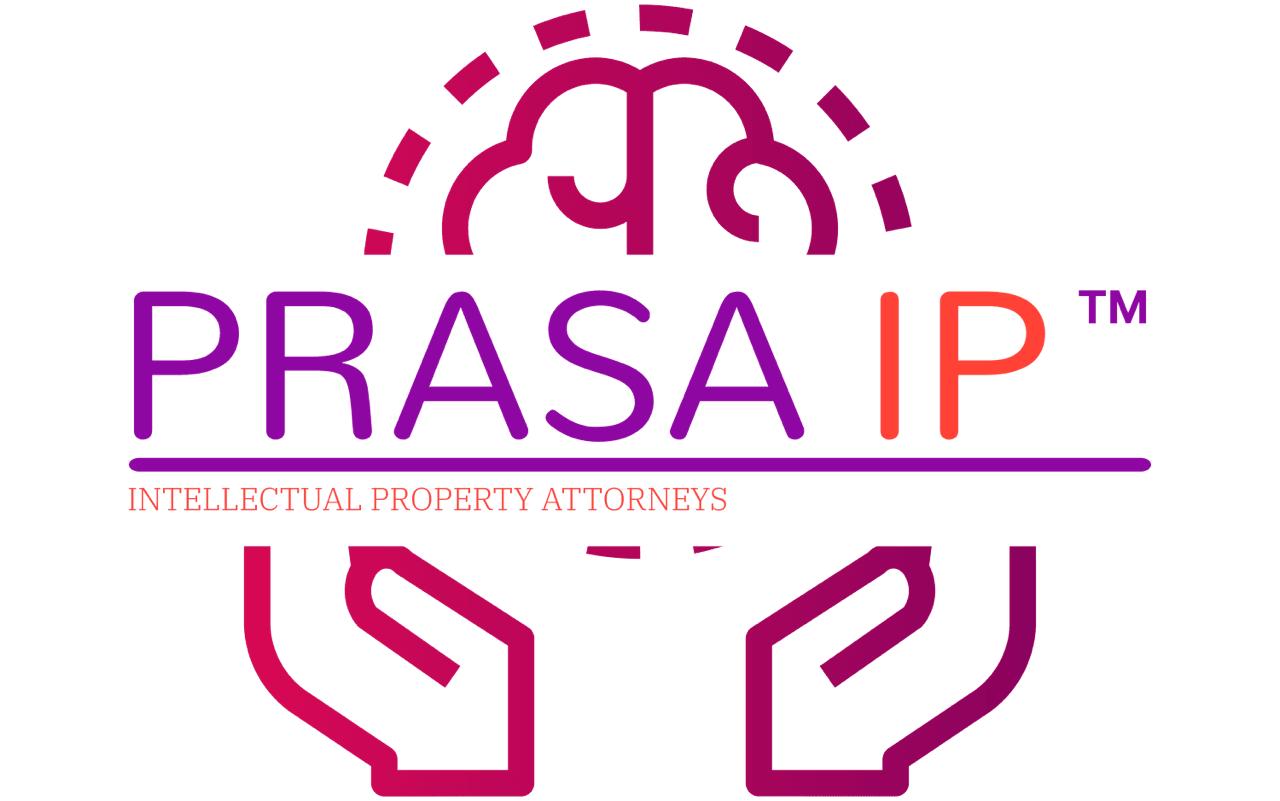
A trademark is a legal tool that protects the identity of a business by securing its unique names, logos, slogans, and designs. For small business owners, a trademark is essential because it grants exclusive rights to use specific marks associated with their goods and services. The trademark registration process provides legal protection against infringement and allows businesses to establish a unique presence in the marketplace.
By securing a registered trademark, a company like Prasa IP ensures that competitors cannot misuse its brand identity. A registered trademark also becomes a valuable intellectual property asset that enhances business reputation, customer loyalty, and market credibility.
Trademarks are not limited to logos. They cover a wide range of identifiers that distinguish one business from another. These include:
The trademark registration process in India allows businesses to register any or all of these identifiers, providing comprehensive legal protection.
Trademark registration offers multiple benefits to businesses. Firstly, it grants exclusive ownership rights, allowing the trademark owner to prevent unauthorized usage by others. Secondly, it legally protects the brand from imitation or misuse, safeguarding the company’s reputation.
Prasa IP emphasizes that registering a trademark simplifies brand licensing, franchising, and partnership opportunities, as the trademark registration certificate serves as undeniable proof of ownership. Additionally, having a registered trademark helps in legal disputes, making it easier to claim damages and enforce rights in case of infringement.
Trademark registration is not mandatory in India. However, without registration, a business operates with limited protection under common law rights, which can be challenging to enforce. Prasa IP advises that voluntary trademark registration strengthens legal rights and simplifies enforcement.
While businesses can use an unregistered trademark marked with TM, only a registered trademark can use the ® symbol, signifying full legal protection. Thus, though not compulsory, trademark registration is highly recommended.
Once granted, a trademark registration certificate is valid for ten years from the date of application filing. After this period, it can be renewed indefinitely for subsequent ten-year periods by filing a renewal application and paying the required registration fees.
Prasa IP assists businesses in managing renewals, ensuring that trademarks remain active and continue to provide uninterrupted legal protection. Timely renewal helps maintain brand continuity and prevents the risk of cancellation due to lapses.
The first stage in the trademark registration process is identifying the correct class of goods or services. India follows the NICE Classification, which consists of 45 classes. Classes 1-34 cover goods, while classes 35-45 cover services. Proper classification ensures accurate protection and simplifies the trademark search.
Conducting a comprehensive trademark search is crucial to determine whether the proposed trademark is unique and not conflicting with existing registrations. Prasa IP utilizes advanced trademark data tools to conduct thorough searches, minimizing the risk of objections or opposition.
Once the trademark search confirms availability, the next step is filing the trademark registration application with the Trademark Registry. The application must include complete applicant details, a clear representation of the mark, a list of goods or services, and the trademark class. Filing accurately is essential to avoid errors that could delay the process.
The prescribed government registration fees must be paid at the time of filing. The fees vary depending on whether the applicant is an individual, startup, small business, or large entity. Prasa IP guides clients in selecting the correct fee structure applicable to their status.
Following application submission, the Trademark Office conducts an examination to verify compliance with legal requirements. The examiner checks for conflicts with existing trademarks, descriptive terms, or misleading elements.
If any objections arise during examination, the Trademark Office issues an examination report. The trademark applicant must respond within the stipulated timeframe by addressing the objections and submitting clarifications or supporting documents. Prasa IP assists businesses in drafting comprehensive replies to overcome objections effectively.
Upon successful examination, the trademark application is published in the Trademark Journal. This publication allows the public to review the application and file opposition if they believe it infringes on their existing trademark rights.
If any third-party opposition is filed, both parties present their arguments, and the Trademark Officer conducts hearings if necessary. Successful resolution of opposition allows the application to proceed. Prasa IP provides representation during these hearings to defend its clients’ interests.
Upon clearing all objections and opposition, the Trademark Registrar issues the trademark registration certificate. This certificate grants the applicant full ownership rights and legal protection for the registered trademark.
To maintain the trademark’s validity, timely renewal every ten years is required. The renewal process involves filing a renewal application with the payment of registration fees, ensuring the trademark remains active indefinitely.
Before filing, Prasa IP conducts a thorough trademark search to identify existing trademarks that could create conflicts. This step minimizes the chances of application rejection and ensures the uniqueness of the proposed trademark.
Accurate preparation and submission of the trademark application are crucial. Prasa IP ensures that every detail, from applicant information to goods services classification, is correctly documented, reducing the risk of delays or objections.
Upon successful submission, the Trademark Registry issues an application number. This number serves as a reference throughout the trademark registration process.
If the trademark includes figurative elements (logos, symbols, or device marks), the Trademark Office applies Vienna Codification, classifying the visual components for record-keeping and examination purposes.
The Trademark Registrar examines the application based on absolute and relative grounds, ensuring compliance with trademark laws and assessing conflicts with prior trademarks.
The application is published in the Trademark Journal, inviting third parties to file oppositions if they believe the proposed mark infringes on their rights.
If no opposition arises or if oppositions are resolved successfully, the Trademark Office issues the registration certificate, officially recognizing the applicant as the trademark owner.
On average, the complete trademark registration process takes 12-18 months if there are no complications or opposition.
Recent legislative reforms, including the Trademark Registration Bill, have streamlined the registration process by introducing digital advancements. Online filing of trademark applications, electronic communication with the Trademark Office, and real-time application tracking have made the trademark registration process more efficient.
Prasa IP leverages these advancements to offer fast, transparent, and effective trademark registration services. Automation has reduced processing time, minimized human errors, and allowed businesses to manage their intellectual property portfolios with greater ease.
Prasa IP also offers additional services to support businesses in managing their legal obligations, including:
Trademark registration is a crucial step in safeguarding your brand identity and securing exclusive legal rights. Prasa IP offers comprehensive trademark registration services, guiding businesses through every step of the trademark registration process—from initial search to certification and renewal.
Don’t leave your brand vulnerable. Contact Prasa IP today to start your trademark registration process and ensure your intellectual property is protected under Indian law.
A trademark is a distinctive sign that identifies and distinguishes the goods or services of one business from another.
Trademark registration online provides exclusive rights, legal protection, enhances brand value, and prevents infringement.
Names, logos, slogans, shapes, sounds, and patterns that uniquely represent a brand can be registered.

At PRASA IP, we are dedicated to helping you protect your creative designs with precision and expertise